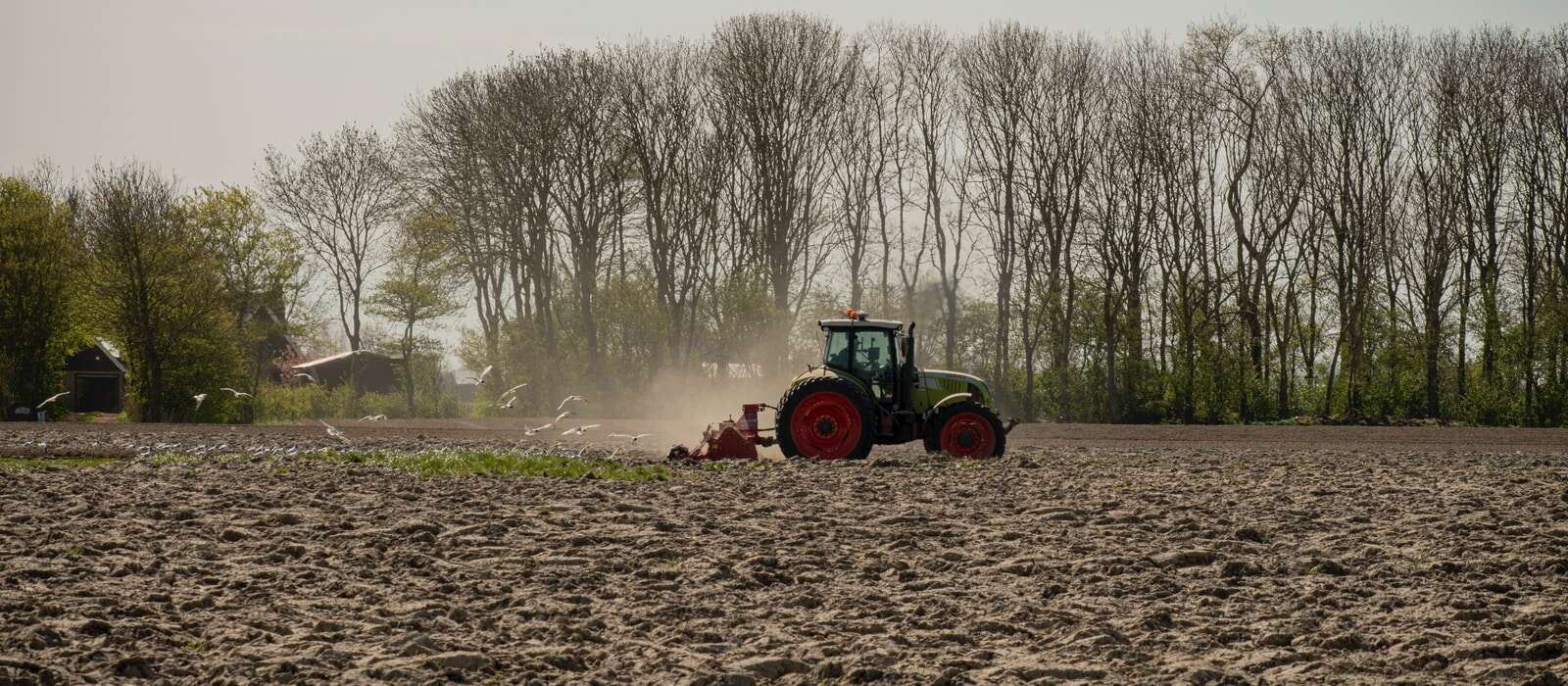Helping Canada to meet current and emerging threats to its crop plants and food security is the purpose of a new report by an expert panel including a University of Guelph plant scientist.
Released Jan. 27 on the Council of Canadian Academies website, the report identifies key risks posed to Canadian crop plants by climate change, extreme weather events and pests ranging from insects to diseases to weeds. “Cultivating Diversity” also pinpoints gaps and overlaps in governance, from registration of crop protection products to communication among federal and provincial agencies.
Although the report makes no specific recommendations, it’s intended to point decision makers to emerging concerns affecting Canada’s agriculture and forestry sectors, said Dr. Clarence Swanton, University professor emeritus and Ontario Agricultural College professor emeritus.
A member of the expert panel on plant health risks in Canada established in early 2020, Swanton said, “Food security is an important issue. These issues we have identified will threaten food security in Canada.”
Threats of climate change, invasive pests

The panel reviewed current literature on major current and emerging risks to plant health in Canada and identified three broad areas of concern.
First, climate change and extreme weather events are among main environmental issues that will affect plant health, said Swanton.
Referring to warming temperatures and changing rainfall patterns, he said, “How resilient is our agroecosystem to extremes of weather? Maybe some plants can handle higher temperatures. For others, higher temperatures might be detrimental.”
Second, plants are threatened by new strains of disease-causing organisms as well as invasive plants and insects. In some cases, those pests are outwitting farmers’ defences and threatening more significant damage to crops, said Swanton; “The evolution of resistance to crop protection chemicals is creating huge problems.”
Third, the panel pointed to the need for government agencies to coordinate efforts ranging from registration of crop protection products to collection and use of “big data” for precision agriculture.
Under precision agriculture, farmers aim to monitor field conditions to apply pesticides, fertilizer and nutrients only where needed, reducing costs while preventing environmental damage for overuse of inputs.
Training needed for sustainable agriculture, forestry
The panel also highlighted the importance of training students in sustainable agriculture and forestry in topics ranging from use of more resilient cropping systems to sustainable forms of pest management.
Swanton said the report underlines the role of Canadian universities in research and teaching to help identify and mitigate plant health risks. He said the panel’s findings align with initiatives at U of G, notably the University’s Food from Thought project intended to make Canada’s agricultural sector both more sustainable and more productive. U of G researchers include experts in ecosystem dynamics, plant health, data management and pest populations – all areas mentioned in the report.
“This report recognizes the fundamental importance of plants to our human survival and to the economy,” he said. “As we look to the future, what are the pressures that influence our ability to maintain our food and forestry protection given such issues as climate change and pests?
“We have a chance to be forward-thinking, to look ahead and say what we should be doing now and in the future.”
A long-time weed ecologist in U of G’s Department of Plant Agriculture, Swanton is a Fellow of the Canadian Society of Agronomy, the Canadian Weed Science Society and the Weed Science Society of America.
The 14-member expert panel was led by Dr. Deborah Buszard, a biology professor and senior administrator at the University of British Columbia’s Okanagan campus.
The report was commissioned from the Council of Canadian Academies by the Canadian Food Inspection Agency.
Contact:
Dr. Clarence Swanton
cswanton@uoguelph.ca
